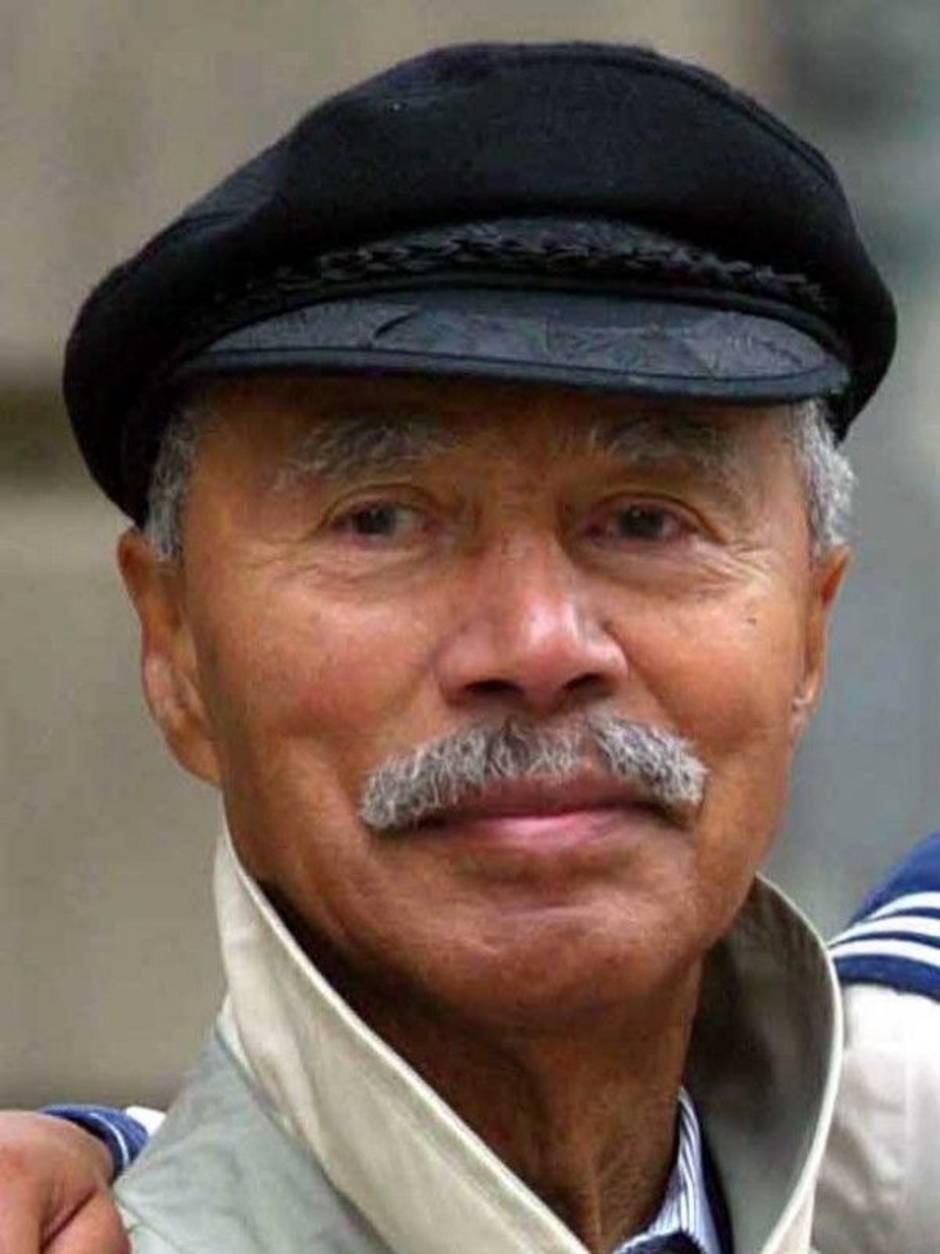


The More Than Words double bottom line: Every purchase provides hands on job training opportunities, and all revenue supports our nonprofit to empower youth to take charge of their lives. Ironic, moving, and deeply human, Massaquoi's account of this lonely struggle for survival brims with courage and intelligence. He now lived in fear that, at any moment, he might hear the Gestapo banging on the door - or Allied bombs falling on his home. His path to a secondary education and an eventual profession was blocked. So he was crushed to learn that, as a black child, he was ineligible for the Hitler Youth. Like other German boys, Hans went to school like other German boys, he swiftly fell under the Fuhrer's spell. The son of a prominent African and a German nurse, Hans remained behind with his mother when Hitler came to power, due to concerns about his fragile health, after his father returned to Liberia. (Nov.This is a story of the unexpected.In Destined to Witness, Hans Massaquoi has crafted a beautifully rendered memoir - an astonishing true tale of how he came of age as a black child in Nazi Germany. Thoughtful and well written, Massaquoi's memoir adds nuance to our comprehension of 20th-century political and personal experience. He tells of life after the war, of befriending black American soldiers, of moving to Liberia in 1948 and of his subsequent move to America in 1950, where he came to feel that racism was as prevalent as it had been under the Third Reich. Massaquoi Publication date 1999 Topics Massaquoi, Hans J., Blacks - Germany - Biography., Racism - Germany., National socialism., Germany - Social conditions - 1933-1945. Massaquoi and his mother survived both Nazi rule and the devastating 1943 British bombing of Hamburg. He sought intellectual escape from German nationalism through reading books by Jules Verne, Arthur Conan Doyle and James Fenimore Cooper in his idealization of African-American athletes Joe Lewis and Jesse Owens and by learning how to play jazz and his involvement with the ""swingboys"" officially condemned as purveyors of ""degenerate"" music and dance. The Reich's racial politics were so steadfastly drummed into German schoolchildren that the young Hans quickly acquired an anti-Semitic outlook only to realize that he was also subject to discrimination as a non-Aryan. Soon after his birth in Hamburg in 1926, the author's father returned to Liberia to bolster his family's failing stature in national politics, leaving his wife and son to grapple with everyday life amid the rise of fascism in Germany.


In a unique addition to the literature of life under the Third Reich, Massaquoi, a former managing editor of Ebony magazine, chronicles his life as the son of a German nurse and Al-Haj Massaquoi, the son of the Liberian consul general to Germany.


 0 kommentar(er)
0 kommentar(er)
